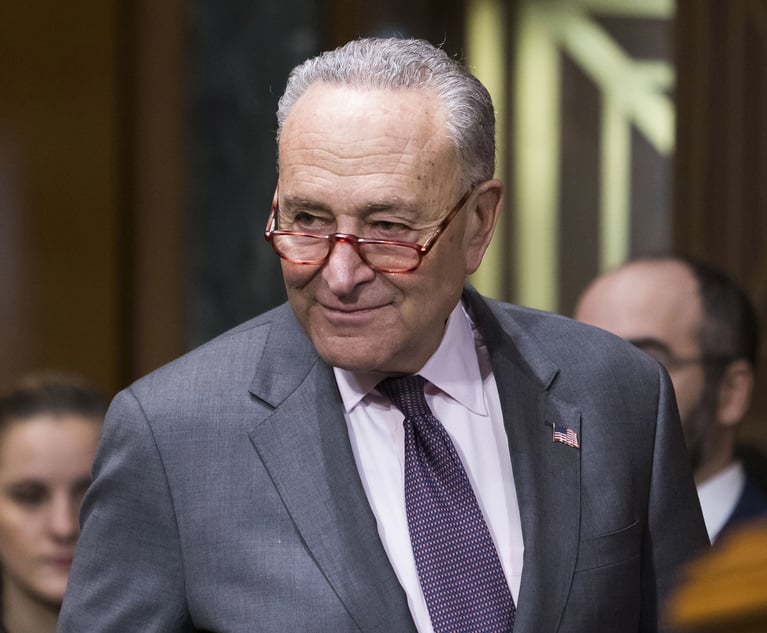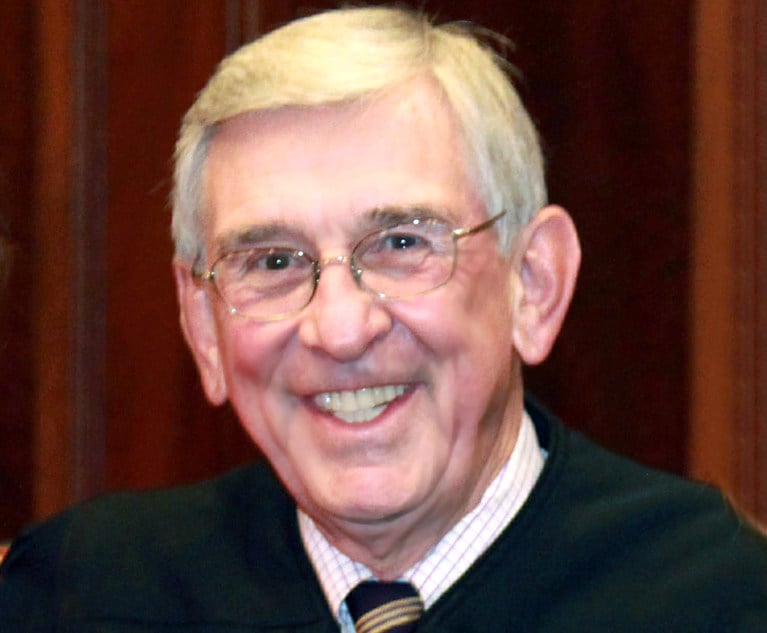The U.S. Court of Appeals for the D.C. Circuit rejected the House Judiciary Committee’s bid to compel testimony from former White House counsel Don McGahn, a significant blow to the House and its legal fights.
In a 2-1 opinion, Judges Thomas Griffith and Karen LeCraft Henderson sided with the Justice Department’s argument that the House cannot go to court to resolve “this kind of interbranch information dispute.”
This content has been archived. It is available through our partners, LexisNexis® and Bloomberg Law.
To view this content, please continue to their sites.
Not a Lexis Subscriber?
Subscribe Now
Not a Bloomberg Law Subscriber?
Subscribe Now
LexisNexis® and Bloomberg Law are third party online distributors of the broad collection of current and archived versions of ALM's legal news publications. LexisNexis® and Bloomberg Law customers are able to access and use ALM's content, including content from the National Law Journal, The American Lawyer, Legaltech News, The New York Law Journal, and Corporate Counsel, as well as other sources of legal information.
For questions call 1-877-256-2472 or contact us at [email protected]


 Former White House Counsel Don McGahn (Photo: Diego M. Radzinschi/ALM)
Former White House Counsel Don McGahn (Photo: Diego M. Radzinschi/ALM)







